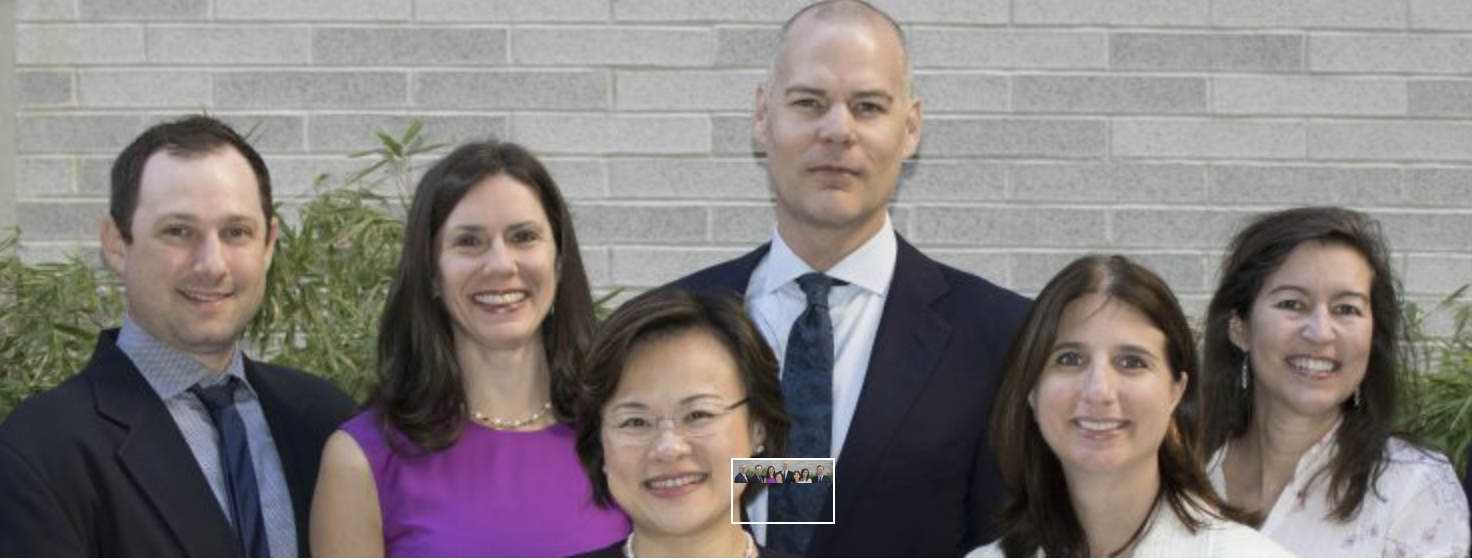
Earlier this year WCM was selected by the Leukemia and Lymphoma Society as the only medical institution in New York and one of the two sites nationwide to receive a highly competitive grant to improve therapies for mantle cell lymphoma (MCL) patients.
The LLS Mantle Cell Lymphoma Research Initiative award of $2.5 million couples with a significant matching from WCM to Toal over $4 million work of funding provided to accelerate the movement of innovative MCL treatment approaches from the laboratory bench to the patient bedside. The LLS award was sourced in part by generous philanthropic investments supporting the future of cancer research.
In honor of the Light the Night event we’d like to introduce you to Dr. Peter Martin, an Associate Professor of Medicine and Chief of the Lymphoma Program at Weill Cornell Medicine. Dr. Martin maintains an active presence in both the academic and research communities and focuses on developing better treatments to integrate into clinical practice. Join us this Thursday, October 18th, at 5:30pm at the NYC Manhattan Seaport District or donate to fund research on blood cancer treatments that save lives.
We hope you enjoy learning more about Dr. Martin’s work.
What makes your research unique? Can you share some recent findings?
“Our most successful research has resulted from collaborations between Weill Cornell Medicine scientists and clinicians. It has been gratifying to be on the forefront of epigenetic therapies and cell cycle modulation, informed by longitudinal genomic analyses.”
What excites you about your work?
“I like knowing that our patients are getting excellent care.”
What are the short-term challenges that your scientific field is facing?
“There is a shortage of team science of the magnitude required to deliver major breakthroughs.”
# # #
